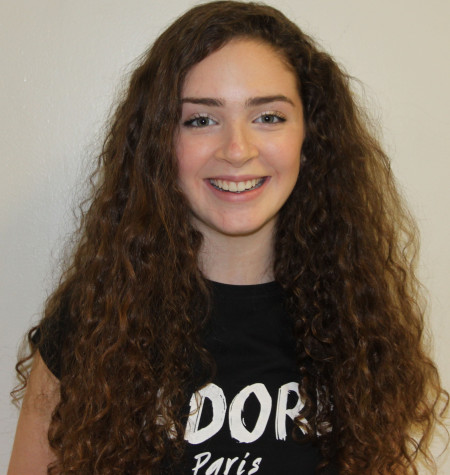Multicultural students adjust
Guilherme Maia Silva, senior, traveled almost 7,000 miles to America his sophomore year from Beijing, China. This was not Silva’s first cultural switch.
Born in Brasil, Silva has traveled the world, following his father’s job with Monsanto.
“I went to Thailand first, when I was eight years old, then went to India, then went to China,” Silva said. “I lived in Beijing for three years, before moving here.”
Scholastically, Silva has studied at a variety of international schools, where he ultimately became trilingual.
“I speak Mandarin, and I’m not 100% fluent, but I’m still taking classes,” Silva said. “I also speak English and Portuguese.”
Silva said settling in was difficult because everyone already had friendships, but he was fine after six months.
Apart from lack of diversity, Silva said that the main differences he’s experienced are in relation to friendships and leisure.
“It’s a lot more sports oriented here and a lot of people have been playing baseball since they were a little kid and they grew up with that team and they know each person from that team until they’re in high school,” Silva said. “There, people just move in and move out, so you don’t have those close friendships from when you were younger.”
Silva has been playing rugby since the sixth grade and now plays for MHS. Already accepted into UC Berkeley, Silva said he plans to attend college in the US, study agriculture and ultimately maintain his travelling.
“I think I’m going to be like my dad and just go where it takes me,” Silva said. “I don’t really mind.”
Ricardo Arjona, sophomore, moved to the US from Seville, Spain when he was in seventh grade for his father’s work and because of the country’s difficult economy.
“I miss my family and my friends and what I did there with my friends,” Arjona said. “I miss being able to go with my friends and walk around the inner city because it’s safe, but you can’t really do that in St. Louis.”
Arjona said it took six months to really grasp the English language after his move to America.
“When you’re around people that speak English all the time it really starts to sink in,” Arjona said. “I used to listen to Spanish music all the time, but now I listen to rap and other popular music.”
Arjona said America differs from Spain, in that, “here everyone drives when they’re 16 and in Spain you have to wait until you’re 18. In America everything is much farther away and there are more things to do.”
“I hate the gun policy,” Arjona said. “In Spain it takes several years to get a gun, but here you can get one in like three days.”
Arjona said he plans to go to college in Spain and return for his master’s degree, but that he’s uncertain where he wants to live long-term.
“I would live in either place, it just depends on, like, if I find somebody I love here, or if I find somebody in Spain I’ll live there,” Arjona said. “It may also depend wherever my work takes me.”
Arjona plans to spend his summer in Germany, learning the language and pushing himself towards trilingualism.
Your donation will support the student journalists of Marquette High School. Your contribution will allow us to purchase equipment and cover our annual website hosting costs. You may become a PATRON by making a donation at one of these levels: White/$30, Green/$50, Blue/$100. Patron names will be published in the print newsmagazine, on the website and once per quarter on our social media accounts.

Abigail Gawart, senior, is the multimedia editor for the Messenger and has been a part of the staff since her sophomore year. She enjoys performing for...

Ryan Hart, senior, is the Arts & Leisure section editor and has been on staff since second semester sophomore year. He enjoys running cross country...




